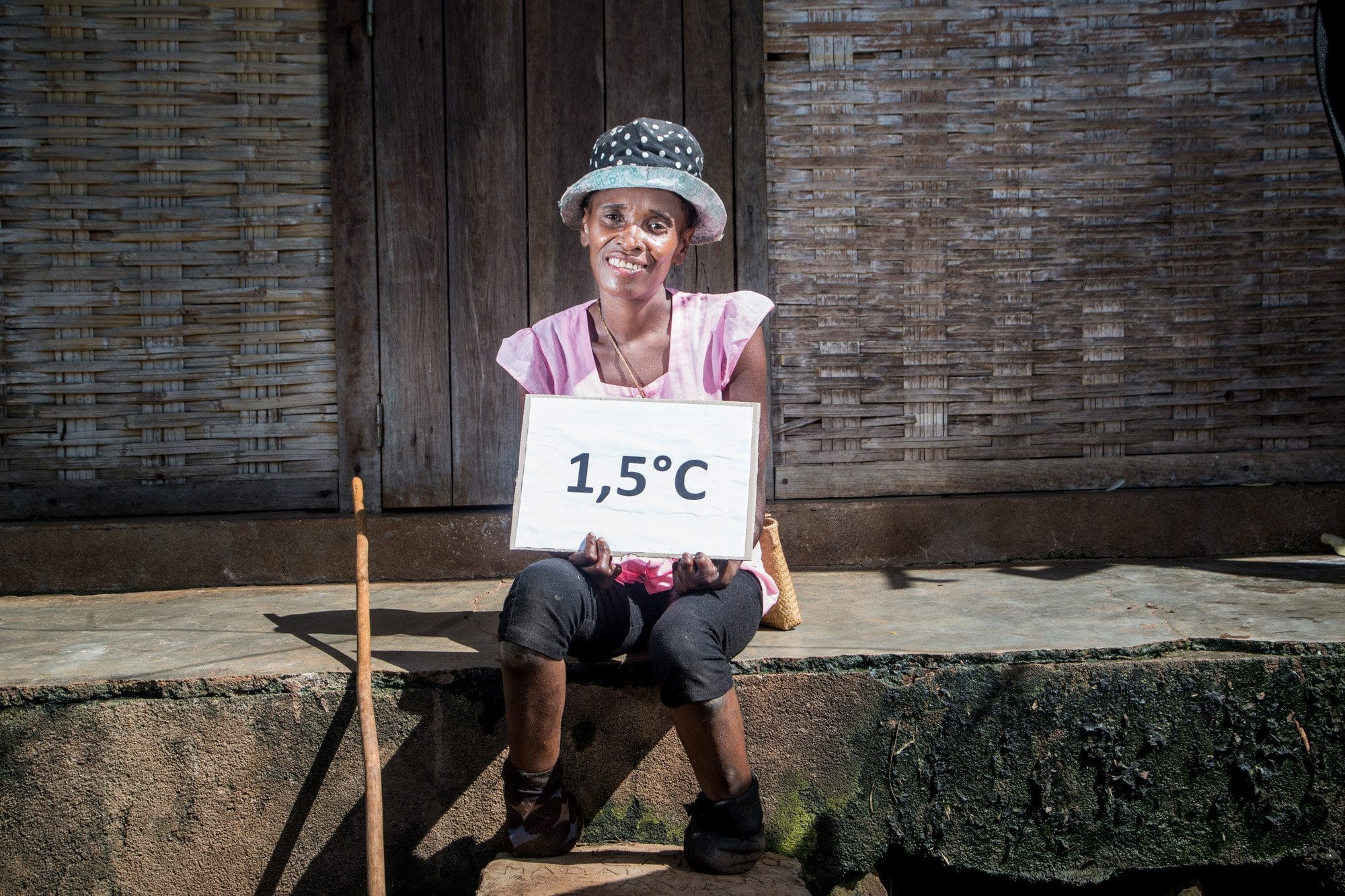Governments Must Step up Climate Action to Prevent Rise Above 1.5°C
Bonn, Germany. From 30 April to 10 May, representatives from around 200 governments, together with businesses and civil society, meet in Bonn, Germany, to prepare the next big UN climate summit (COP24) to be held in December 2018 in Katowice, Poland. A central element of the Bonn session will be the kick-off of the Talanoa Dialogue which is expected to showcase progressive climate action, along with intense discussions on other issues, such as climate change impacts, agriculture and gender equality.
“While we see many examples of progressive climate action globally, we are still in a state of emergency. Harmful climate change impacts are hitting poor people, in particular women and girls, harder every day, and, in 2017, emissions increased again by 1.4%. 2018 must be the year of action and political will. At the UN climate talks, governments, particularly from high-emitting countries, must send an unequivocal signal that they will explore all options to accelerate the shift away from fossil fuels. This is essential to limit climate disruption to 1.5 degrees Celsius, as promised in the Paris Agreement. Governments must also mobilize additional financial resources to help poor people deal with loss and damage from climate impacts.”
Sven Harmeling, Global Lead on Climate Change Advocacy for CARE International
“Gender-equitable action in the agriculture sector is critical: the number of chronically hungry and nutrition insecure people is on the rise and climate impacts continue to bear down on vulnerable small-scale food producers, especially women food producers who face inequality in accessing resources. The Koronivia Joint Work on Agriculture should make a tremendous contribution to advancing socially and environmentally responsible climate action in the agriculture sector. Parties must come to Bonn ready to make progress on agriculture and must agree to develop guidance and criteria to ensure actions safeguard food security and advance gender equality.”
Vitumbiko Chinoko, Southern Africa Advocacy and Partnerships Coordinator, CARE International
“Following the adoption of the first-ever gender action plan under the UNFCCC at COP23, governments must now take concrete action. The UN climate talks provide an opportunity for Parties to share concrete information about climate change’s differential impacts on women and men, and girls and boys. In coherence with the Preamble of the Paris Agreement, Parties must demonstrate their commitment to better promote human rights and to tackle gender inequalities through their climate policies and plans. Governments must also clearly state how they plan to support the gender action plan, either through funding, technical support or direct implementation of activities.”
Fanny Petitbon, Advocacy Manager, CARE France
CARE International attended the Bonn Climate Change Conference with 9 international delegates from Malawi, Vietnam, Germany, France, Denmark and the United States.
For more information
